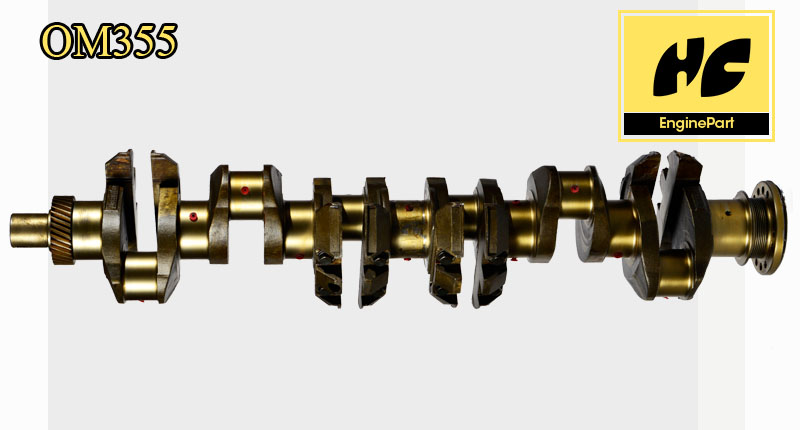- HOME
- PRODUCTS
- Piston Ring
- Crankshaft
- bearing
-
Cylinder Head
Cylinder Head Detroit S60 Series 23525566
Cylinder Head Detroit 71 Series 5102770
Cylinder Head Detroit 53 Series 5198203
Cylinder Head Caterpillar 3204 6i2378
Cylinder Head Caterpillar 3304PC 8N1188
Cylinder Head Caterpillar 3304DI 1N4304
Cylinder Head Caterpillar 3306PC 8N1187
Cylinder Head Caterpillar 3306DI 8N6796
Cylinder Head Caterpillar 3406PC 110-5097
Cylinder Head Caterpillar 3406DI 110-5096
Cylinder Head Caterpillar D342 D8K 8N6000
Cylinder Head Caterpillar 3408A 7N0858
Cylinder Head Caterpillar 3408B 7W2225
Cylinder Head Caterpillar 3412 7W2243
Cylinder Head Caterpillar 3406E / C15 245-4324
Cylinder Head Caterpillar C18 2237263
Cylinder Head Caterpillar C9 312-4207
Cylinder Head Caterpillar C12 1482133
Cylinder Head Caterpillar 3116 1407373
Cylinder Head Caterpillar C7 2195843
Cylinder Head Caterpillar C13 2454031
Cylinder Head Cummins 6BT 3966454
Cylinder Head Cummins 6CT 3973493
Cylinder Head Cummins 4B 3966448
Cylinder Head Cummins ISF2.8 5307154
Cylinder Head Cummins X15 4962731
Cylinder Head Cummins L 5339587
Cylinder Head Cummins ISDE6 3977225
Cylinder Head Cummins ISDE4 4941495
Cylinder Head Cummins M11 3417629
-
Piston
Piston Cummins ISX CM570 4367126
Piston Cummins ISX CM870/CM871 4367161
Piston Cummins ISX CM870/CM871 4367173
Piston Cummins ISX15/QSX15 3688099
Piston Cummins ISX15/QSX15 3687897
Piston Cummins ISX15/QSX15 3688100
Piston Cummins QSX CM570 4298992
Piston Cummins ISX CM870/CM871 4923743
Piston Caterpillar C13 3889356
Piston Caterpillar C13 3889353
Piston Caterpillar C13 3882310
Piston Caterpillar C13 3220329
Piston Caterpillar C15 3466615
Piston Caterpillar C15 3889354
Piston Caterpillar C15 3564787
Piston Detroit 60 SERIES 23521802
Piston Detroit DD13 A4710371601
Piston Cummins ISX CM570 4357150
Piston Cummins ISX CM570 4367132
Piston Cummins ISX CM570 4357149
Piston Cummins QSX CM570 4298991
Piston Caterpillar C15 3569946
Piston Detroit 60 SERIES 23530601
- Cylinder liner
- ABOUT US
- Manufacture
- news
- contact us



